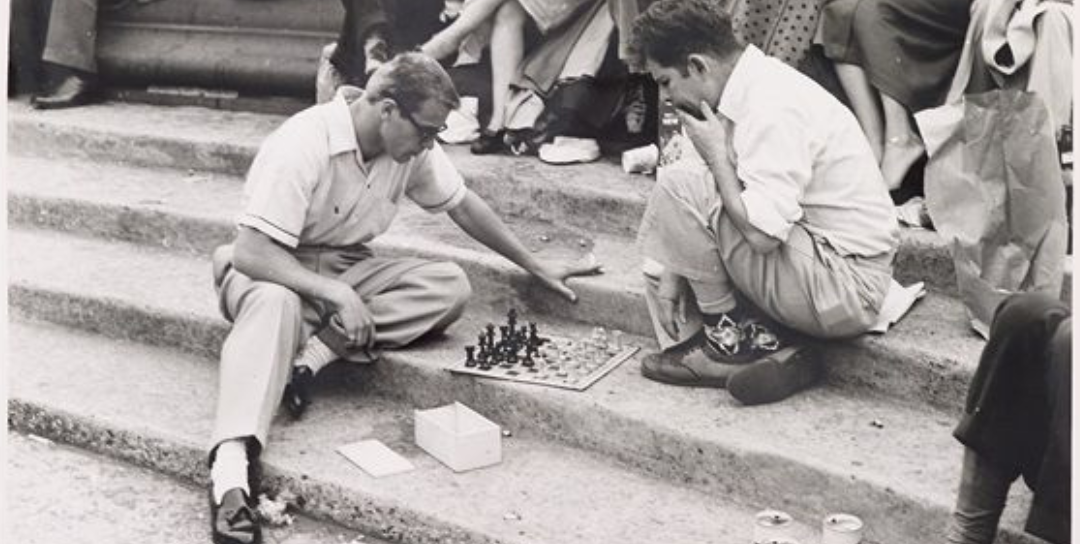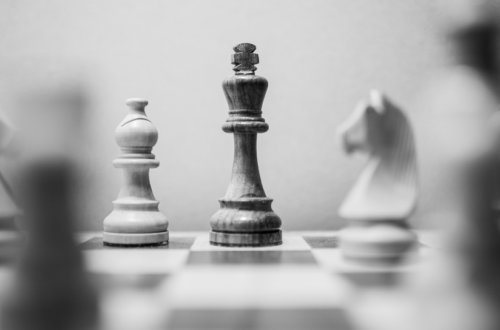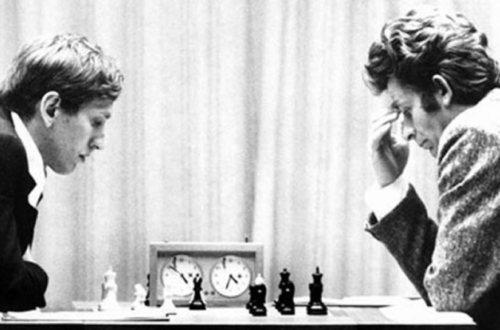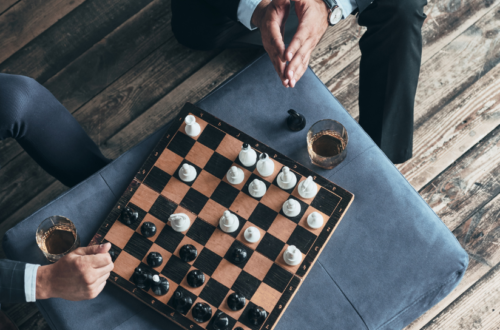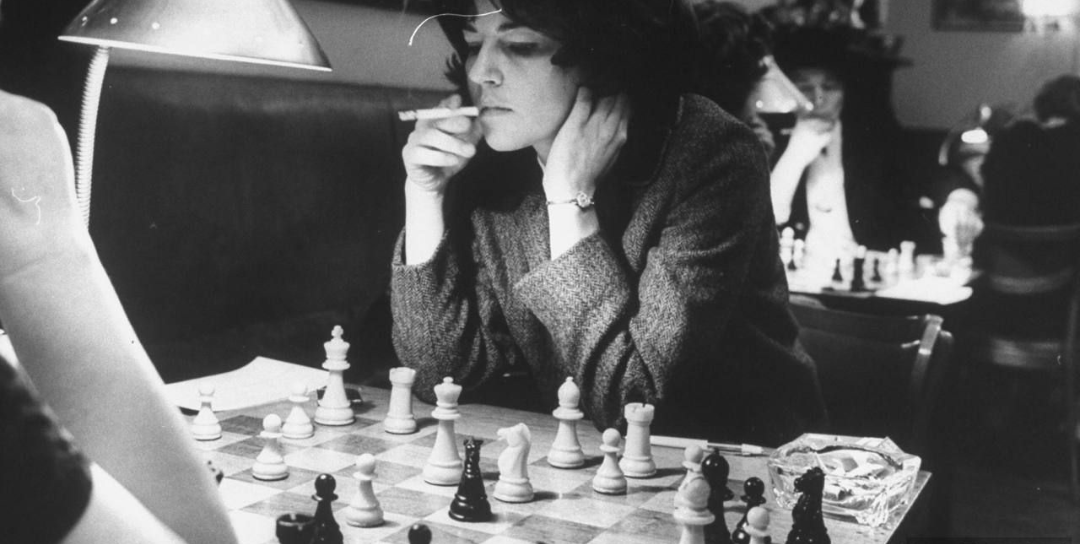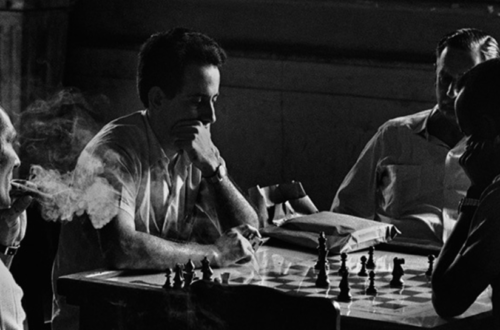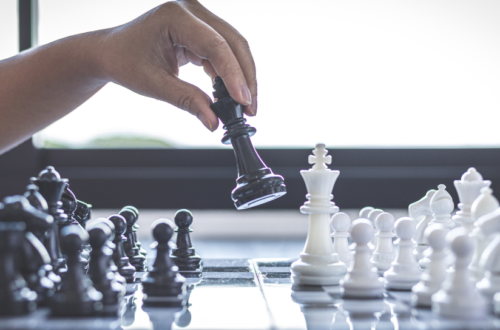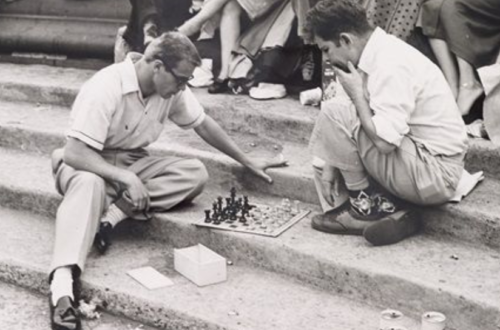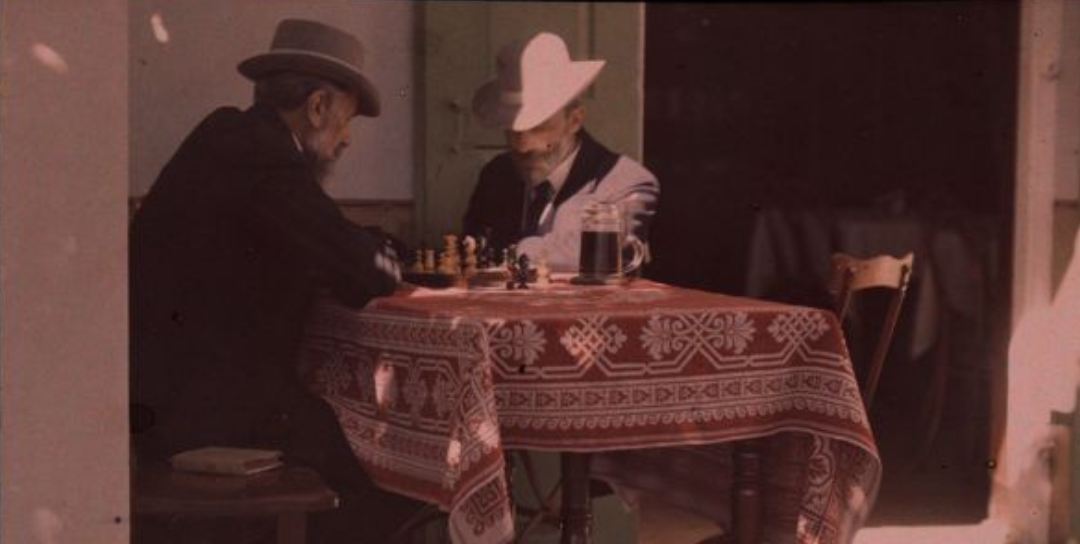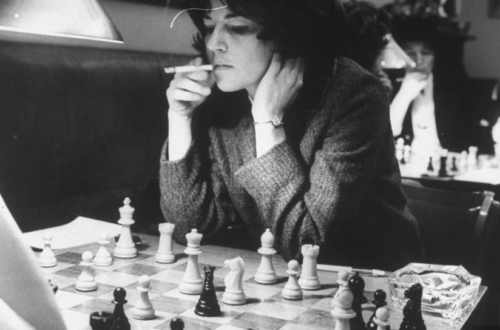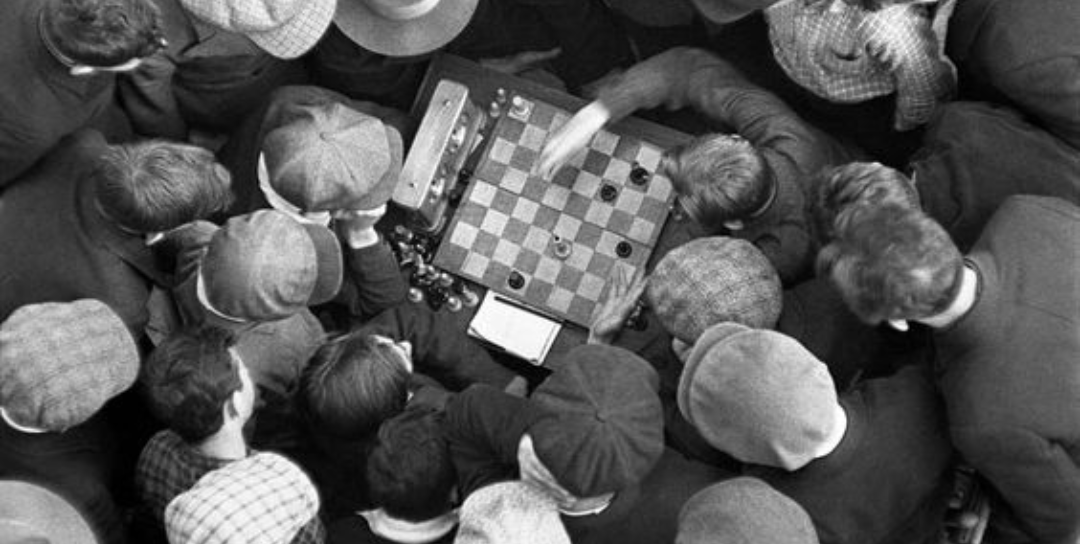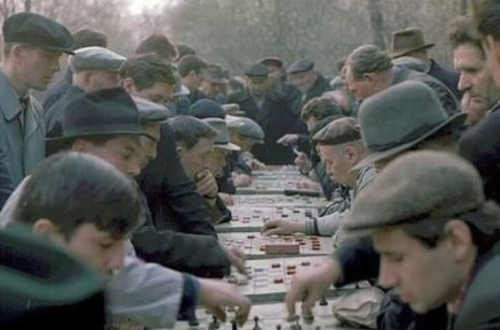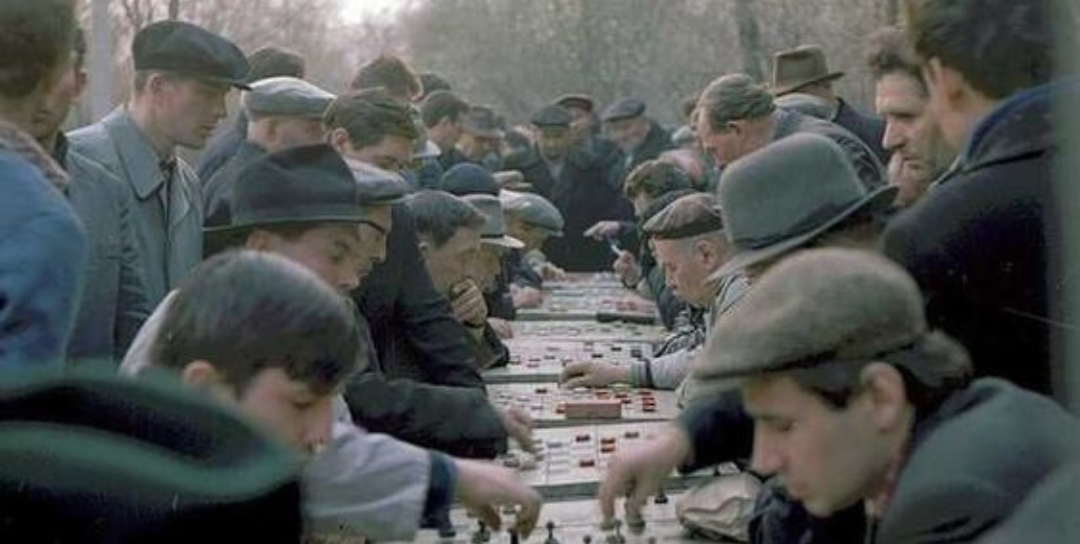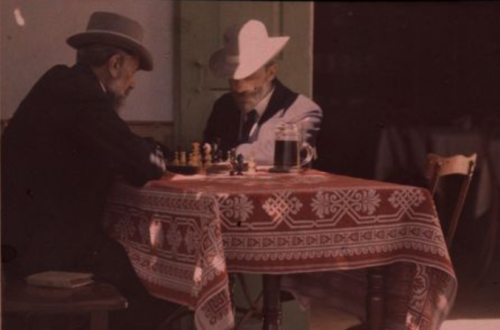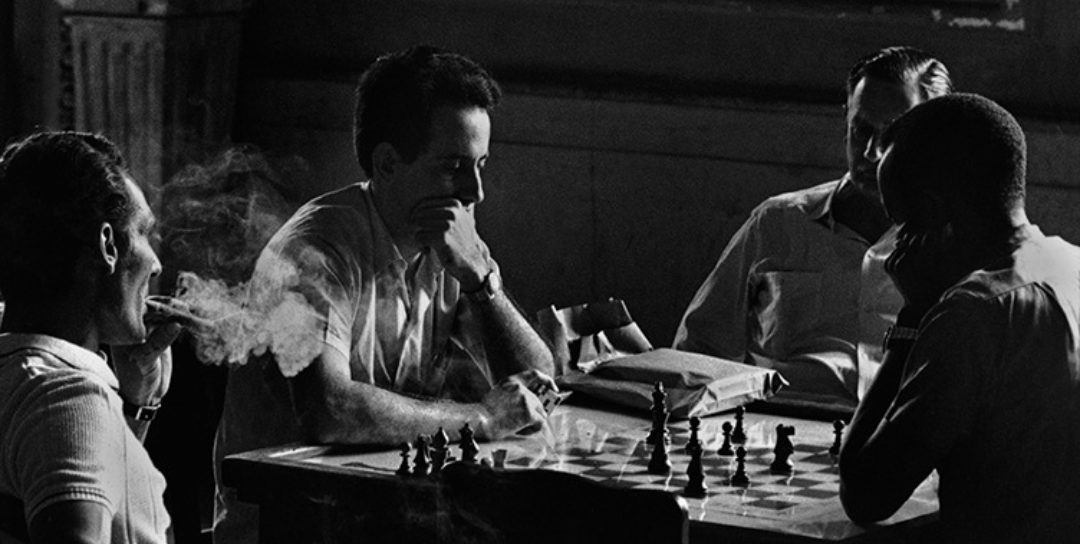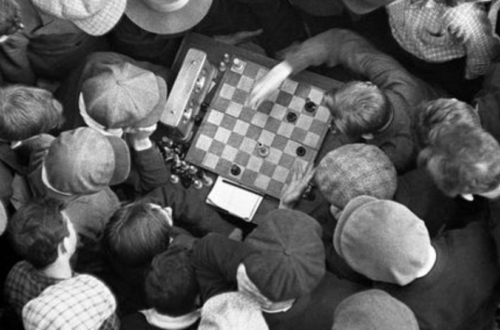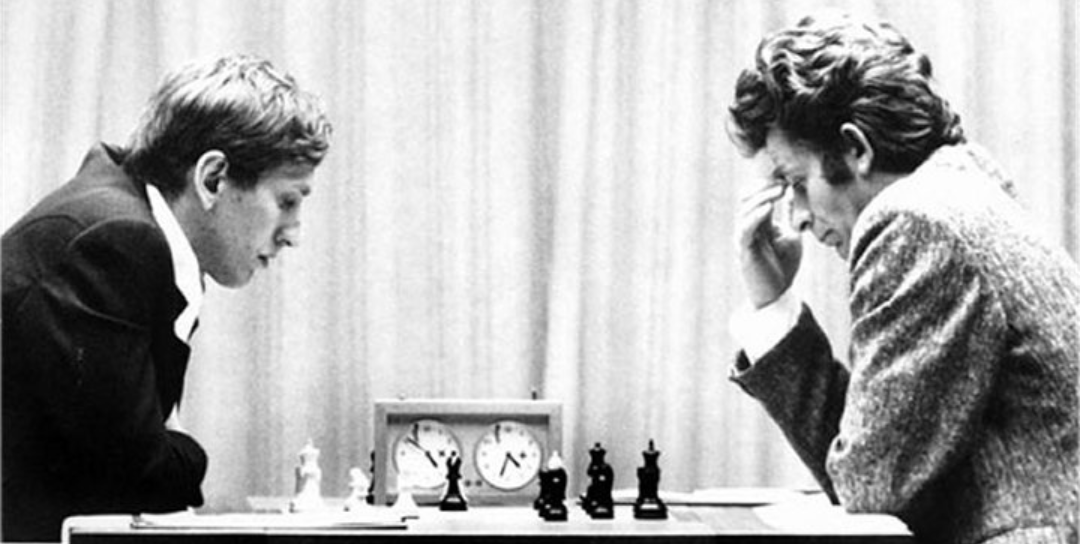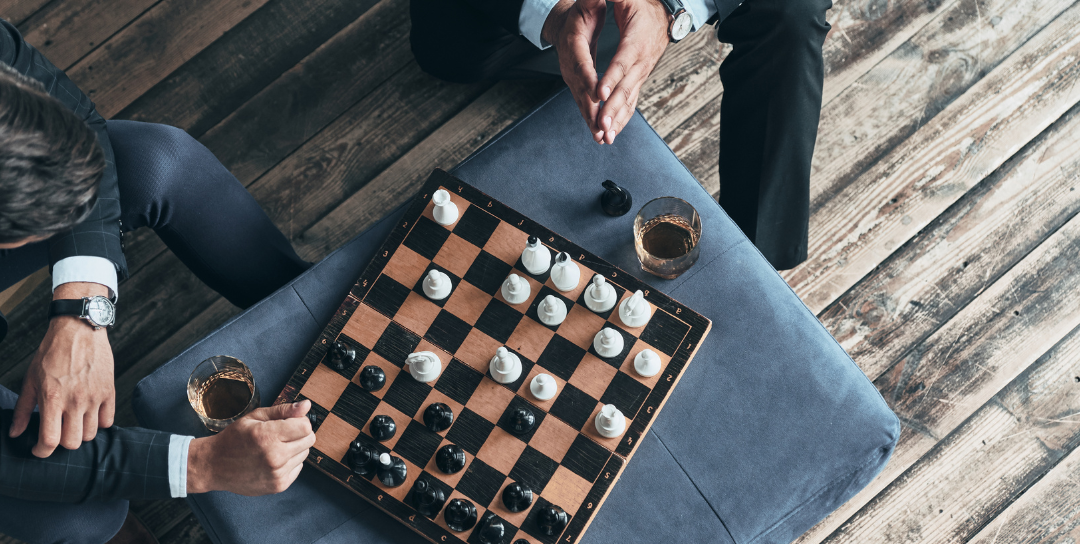-
Improve Your Game: Tips and Strategies
To become a better player, practice and learn from your mistakes. Here are some tips and strategies to improve your game: Play a lot of chess The more you play, the more you learn. Playing serious chess games can help you develop your skills and improve your game. You can learn from your mistakes and try new strategies and tactics. Playing against different opponents can also help you learn new styles and approaches to the game. Review and analyze your games After each game, take some time to review and analyze your moves as well as your opponents’. This can help you identify areas where you need to improve your…
-
Playing Against Diverse Opponents
To become a better player, you must practice regularly and learn from your mistakes. One way to do this is by playing against opponents of different backgrounds, ages, and styles. Here are some benefits of playing against diverse opponents: Exposure to different styles Playing against opponents of different styles can help you learn new strategies and tactics. You can observe how they play and try to incorporate their style into your game. This can help you develop a more versatile playing style, and be better prepared for the different types of opponents you’ll face in tournaments. Improved problem-solving skills Playing against diverse opponents can help you develop your problem-solving skills.…
-
Common patterns in chess
There are several common patterns in chess that mid-level players should be aware of when trying to read their opponent’s moves. Here are some of the most important ones: By studying these common patterns and practicing tactics, mid-level players can improve their ability to read their opponent’s moves and gain an edge in their games. Remember, chess is a game of strategy and tactics, and the more you practice, the better you’ll become. Read more articles about chess here. thechessworld
-
Piece Coordination: Unleashing Tactical Synergy on the Chessboard
Effective piece coordination is a fundamental aspect of chess strategy that can dramatically enhance your gameplay. When your pieces work together harmoniously, they create tactical synergies, control key areas of the board, and exert immense pressure on your opponent. In this expert-level article, we explore the strategic depths of dynamic piece coordination, providing insights, practical examples, and effective strategies to unlock your chess pieces’ full potential. Understanding Piece Coordination To unleash the power of dynamic piece coordination, it is vital to understand the underlying principles and concepts that govern this strategic aspect of chess. Discover the importance of centralization, piece activity, harmonious development, and the interplay between different types of…
-
Prophylactic Thinking in Chess
Prophylactic thinking is a strategic concept in chess that involves anticipating your opponent’s plans and taking preventative measures to neutralize threats and maintain a superior position. Mastering the art of prophylaxis enables players to not only thwart their opponent’s tactics but also control the flow of the game, seize strategic advantages, and execute powerful attacks. In this expert-level article, we explore the profound depths of prophylactic thinking, providing insights, examples, and strategies to enhance your positional mastery on the chessboard. The Essence of Prophylactic Thinking Prophylaxis goes beyond reactive moves; it involves proactive thinking to anticipate your opponent’s intentions. Learn the fundamental principles, including restraining your opponent’s pieces, controlling key…
-
Mastering the Sicilian Defence
The Sicilian Defence is a dynamic and fiercely combative chess opening that has captured the attention of players at all levels. Renowned for its tactical complexities and aggressive nature, it provides ample opportunities for creative manoeuvring and calculated attacks. In this article, we delve into the strategic intricacies of this tactic, equipping you with the knowledge and tactics to outwit your opponents on the chessboard. Understanding the Sicilian Defence The Sicilian Defence arises after the moves 1.e4 c5, with Black immediately challenging White’s central control. Explore the underlying principles and motivations behind this opening, including the desire to disrupt White’s plans, create imbalances, and aim for dynamic counterplay. Main Variations…
-
Pawn Structures: A Strategic Guide
Chess endgames are often viewed as the ultimate test of a player’s strategic understanding and mastery of the game. Among the various elements that influence endgame outcomes, pawn structures play a crucial role in shaping the dynamics and determining the best course of action. In this article, we delve into the intricate realm of pawn structures, offering expert insights and actionable strategies to elevate your endgame prowess. The Significance of Pawn Structures: Pawn structures form the foundation of chess positions, exerting a profound influence on piece activity, space control, and overall strategy. Understanding the fundamental characteristics and dynamics of different pawn structures is key to making informed decisions and capitalizing…
-
The Greatest Chess Game Ever Played: Analyzing Bobby Fischer’s Masterful Victory over Boris Spassky
Chess is a game of skill and strategy that has captured the imagination of players around the world for centuries. Over the years, many grandmasters have made significant contributions to the game, leaving behind a legacy of brilliant games and stunning victories. In this article, we will explore one of the greatest chess games ever played by a chess grandmaster. The Greatest Chess Game: Bobby Fischer, a brilliant American chess player, faced off against reigning world champion Boris Spassky from the Soviet Union in the 1972 World Chess Championship in Reykjavik, Iceland. Fischer, known for his aggressive style of play, opened with 1.e4, which later became known as the “Fischer…
-
Chess Study Plan for Beginners: 6 Steps to Improve Your Game and Master the Basics
Chess is a game that requires practice, dedication, and a solid understanding of the fundamentals. For beginners, it can be challenging to know where to start and how to improve their skills. In this article, we will provide a study plan for beginners to help them develop their skills and improve their game. Step 1: Learn the Rules The first step in any study plan for beginners is to learn the rules of the game. Make sure you understand how each piece moves, the objective of the game, and the basic strategies and tactics used in chess. There are plenty of resources available online to help you learn the rules,…
-
Mastering Chess: Five Key Concepts to Improve Your Game and Outplay Your Opponents
Chess is a game that requires both skill and strategy. As a player, you must be able to think ahead, anticipate your opponent’s moves, and make quick decisions based on the position of the pieces on the board. While there are many different strategies and tactics to master in chess, there are five key concepts that every player should focus on to improve their game. In this article, we will explore these five concepts and provide tips on how to master them. 1. Control the Center The center of the board is the most critical area in chess, and controlling it is essential for success. By placing your pieces in…
